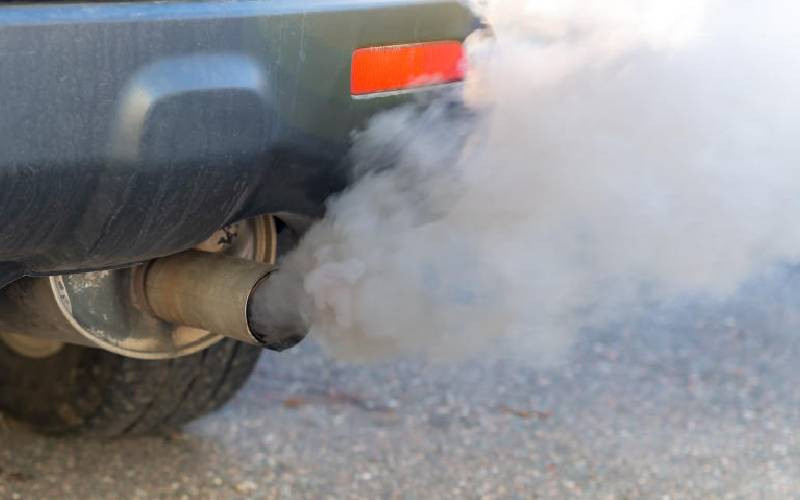×
The Standard e-Paper
Home To Bold Columnists

Transportation- driving in the city and its suburbs- is one of the largest sources of global warming in Kisumu County.
A recently released Baseline Emission Inventory Report shows stationary energy comes second and constitutes manufacturing industries, commercial and institutional and residential buildings.